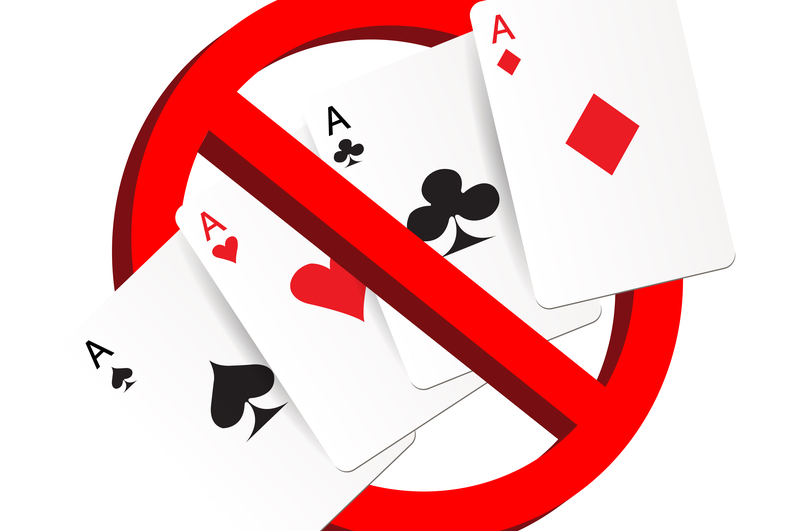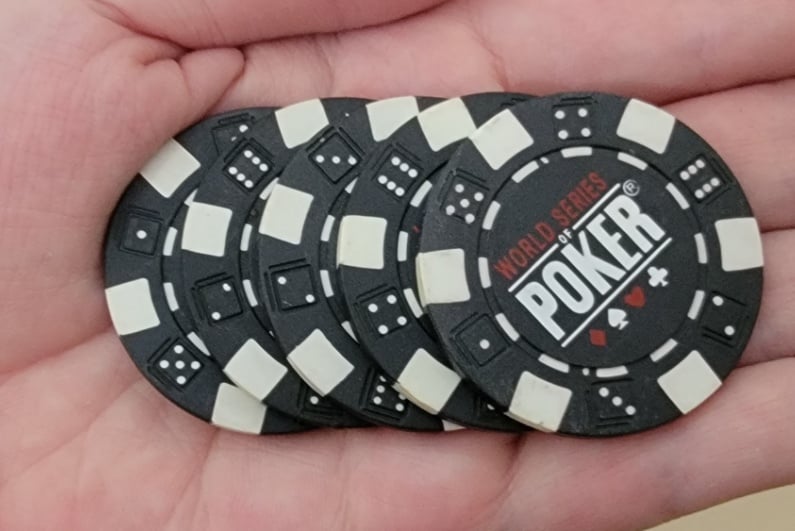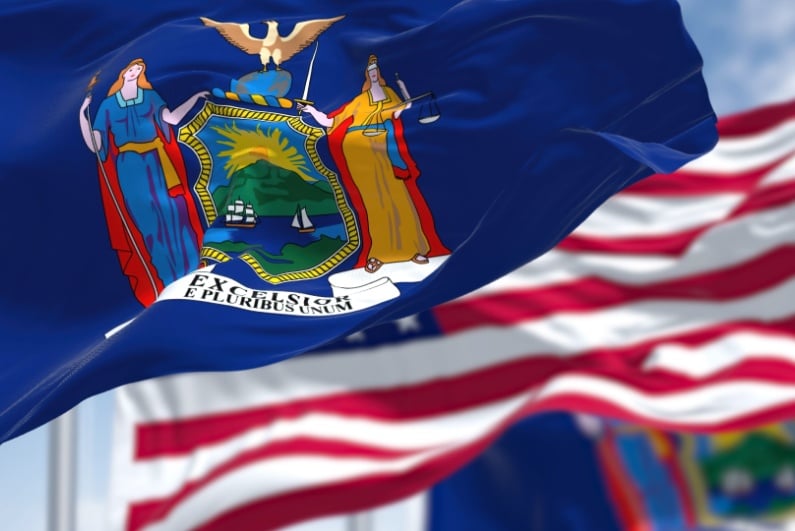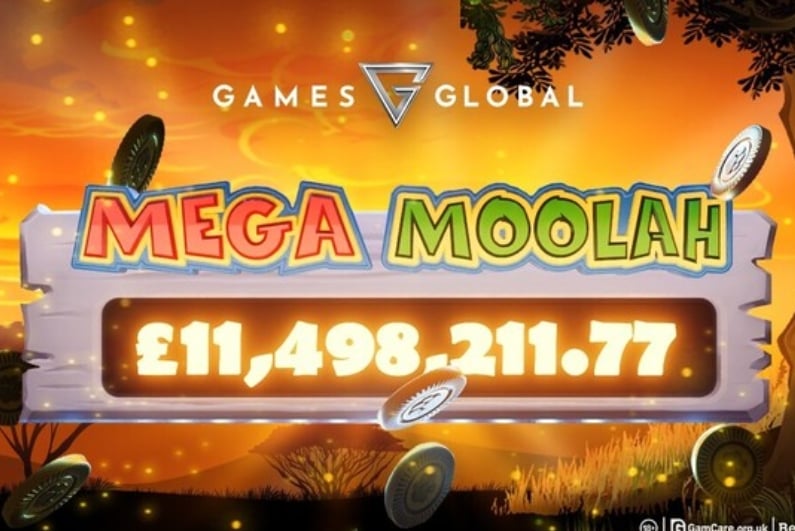An appellate decision from Maharashtra’s Bombay High Court has ruled that poker is a game of pure chance. The ruling imperils the growth and legality of poker in one of India’s most populous states.
A ruling issued by a division bench of the Bombay High Court in India’s Maharashtra state has declared that the game of poker has no skill elements but is a game of pure chance. The ruling by the two High Court justices, RM Sawant and Sarang Kotwal, leaves poker as an illegal activity in Maharastra, the populous state on India’s western shore that includes Mumbai, formerly known as Bombay.
The ruling was issued in a case involving a raid on a private poker game in an apartment in the Mumbai suburb of Goregaon. Police entered the apartment and found eight people at two tables playing poker with coins. After questioning the game’s operator, Nasil Patel, they obtained enough information to arrest 29 people, charging them under various sections of the Maharashtra Prevention of Gambling Act.
However, a magistrate granted bail to all of the players, leaving only the charges against Patel, the admitted owner of what authorities later described as a “gambling den”. Patel also serves as the operations manager of an India-based online-poker site, The Spartan Poker.
Previous rulings
Patel and his advocate, Ram Mani Upadhyay, fought the charges on two separate fronts. They argued that not only was poker a game of skill – an argument that has been brought up in legal cases around the country – but courts in other Indian states had already agreed with that assessment, allowing poker to become a legal “gambling” activity.
The ruling by justices Sawant and Kotwal ignored those non-binding precedents from other Indian states and instead decided that the game was pure chance, based on their reading of some basic poker rules.
The justices seemingly equated poker with Teen Patti, a simple playing-card bluffing game long popular in India. The two justices wrote: “How can poker be a game of skill? You simply get the cards and open [them], and if chance be, you will win.”
The bench ruling went further, offering this: “We have perused the description of the game; we find that it is not a game of skill but of pure chance. Prima facie we find that a case under the gambling act has been made out.”
The ruling by the two justices dismissed a motion by Patel and his legal advocate to quash the Goregaon-based prosecution. An “interim relief” – essentially a stay – had previously been granted to Patel to allow the Bombay High Court to hear the defense’s arguments. That defense invoked poker-related rulings from other Indian states.
A quote from Patel’s defense petition read: “The Karnataka High Court and other high courts have clearly held that poker is a game of skill and if the same is played without flouting any norms in accordance with law, it’s not an offense.”
Maharashtra a no-poker zone?
The ruling sets a legal precedent regarding poker that will affect Maharashtra’s more than 114 million residents, or almost a tenth of India’s 1.3 billion population. However, Patel and his defense have a last option of appealing the case to India’s Supreme Court although, as in other Western-style court systems, the chance of the appeal being heard is slim.
The Bombay High Court ruling may also have a dampening effect on several online poker sites already offering real-money action to India. India isn’t a large online-poker country by any means, though several sites, including Patel’s The Spartan Poker, operate there.
Global online-poker market leader PokerStars also recently announced plans to launch an India-only site. All the existing operators will now have to consider excluding Maharashtra from their services, as they might also have to do with Gujarat, another Indian state where anti-poker legal rulings have been issued.




